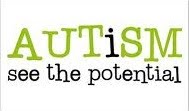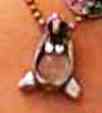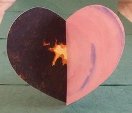|
Death, shedding an old skin to embody something new, churns stuff up. Death, in the form of change, releases into my consciousness old memories, emotions, and “stinkin’ thinkin’” from the past. It’s uncomfortable and disruptive. When I close my eyes to rest, dimly lit memories play in my mind. I hear the messages loud and clear, “You are immature and insecure. You are foolish. No good will come of you. No good will you experience. No good is your value.” I feel the memories in my body and emotions as if they are current and real. They aren’t and they are. The messages come from pained parts of me requesting my attention in the only way they can. As I shed old patterns or habits to practice something new and good for my life, the past begs to remain part of who I am. “Tend us,” the memories say. “Care for us as we have not been cared for before.” “Bring us with you.” Death would be more pleasant if I could leave the past behind me, delete it, taking only the lessons, spelled out in all caps and bolded, like crisp text. But my memories are more than tidy lessons. My past is stitched into my nervous system informing how I feel, react, and respond to current stimulus. Loosed from the memories, these sensations make no sense, they are meaningless pain, which I don’t know how to alleviate. Change that heals, change that lasts, requires some connection to the past. Death is a body of work that includes loving attention to the past. For me, that means deliberate and intentional practices to see and comfort old parts of myself. I imagine there are a variety of ways to do this. I’m using a combination of morning pages to get my insides out where I can see them and resting cozily with a hot water bottle to comfort my body at night. Has anything been shook loose while you were making significant changes in your life? How do you attend to those pieces?
0 Comments
I was first introduced to Tarot cards over 20 years ago. I had graduated from an Evangelical Christian college and was exploring new-to-me ways of doing spirituality with a spiritual director. One morning, she suggested we work with the Tarot. I was nervous, at first. Was this really an acceptable thing to be doing? Wasn’t this forbidden by our religion? We talked about those thoughts and feelings, and I relaxed into playing with the cards. I was surprised by the perspectives, questions, and insights raised by the process. I began to see the strengths of an eclectic set of spiritual practices. Soon after that experience, I purchased my first deck - the Motherpeace Tarot. I was attracted to the feminist representation of the archetypes, the evocative drawings, and the multicultural intent, which now feels a lot more like cultural appropriation. I’m not comfortable using that deck these days, but a few of the images still resonate with me. The illustration for Death continues to inform and secure my understanding of the card. In Motherpeace, Death is conveyed with a snake shedding its skin. Death is not a final end. It is a process of releasing what was to allow what is next. Shedding a skin is uncomfortable and requires effort. It is also natural and inherent to the life and growth of the snake. Death is a transition to engage and to do actively for the benefit of living and growing. I recently drew the Death card in a reading. I was using the Ethereal Visions deck, which uses Art Nouveau styled imagery to portray the archetype. I had a sense that it was about the end of a chapter versus the closing of a book, but what did that mean for me? It wasn’t until I looked at the same card in multiple decks that the message it conveyed made sense to me. Now, I know what I am shedding and I am working consciously, deliberately, with practice, to let it go. I am hopeful for the new life that is to be released. Is a part of you itching to be shed? Where might something new be emerging in who you are or how you live?
I'm working out my faith as one who hears the MADWOMAN's call. This is what I believe, today. Apostasy is a theological term for the renunciation of one’s religion. I didn’t grow up knowing this word or thinking about it. But I knew it was wrong or bad or crazy to reject the gracious gift of salvation from sin, eternal life, and the sacrifice of Jesus on The Cross. My Christian education was very clear about all of that. I didn’t want to be wrong or bad or crazy. I didn’t want to worry about Hell. Or reject a great and precious gift. Still, it was making me crazy claiming a faith I didn’t wholly possess. As a teen, I decided that it was normal doubt, a typical phase for an adolescent raised in the church, and took classes to bring me back to the core of the religion. When my father died, and I slid loose from clinging to his religion, those core beliefs couldn’t catch me. I landed hard. I surveyed what remained of my faith. Then, I started a slow, iterative, circling and cycling path to my own core beliefs. That included identifying and rejecting beliefs I’d been raised with and found vacant. For me, slow has meant years-long and riddled with more pauses than clarity. The process has been graced with good friends, good books, and a million pages of journaling. My apostasy began with simple, pragmatic, choices made from my gut. There were hymns I couldn’t sing anymore because of battle imagery or other language that neither articulated nor resonated with my understanding of good, the ineffable, and even the example of Jesus’ life. Soon, I took issue with lines of a creed or the tone of a prayer. There were entire sermons that left me cringing and crabby. Until I just didn’t go to church, anymore. There was nothing there for me but irritation and angst. I had to delete so much of the service that I was left with gaping holes where others gleaned instruction or comfort or community. I returned to church, briefly, in my mid-thirties. I was a new mother and aching for a community to share with and to receive support. The same script played out for me there. Vacancies developed within the services, as I closed my mouth from saying things I didn’t, and still don’t, believe. I wished I could play along to be part of the community there. But it chafed so painfully and I couldn’t settle in. I widened my search for “open and affirming” congregations and congregations with evidence of doing good work in the neighborhood or the city. I did find them. But the words, creeds, and sermons were in those places, too. After decades of resisting what I knew, intuitively, since childhood I turned inward to meet that message. I stopped fighting with the external definitions of God and Gospel. I listened closely to the good news I understood within me. I felt free to lay down each belief and practice that I denied. It released me from a binding tension, which had held me in one place in my spirituality. I entered into faith anew. Building my set of beliefs and actions. Finding my community one connection at a time. I finally accepted my apostasy, with a snicker and a smile, when I was able to also identify and claim my heresy. What is your apostasy? Play fast and loose with the idea. Don’t be limited to a particular religious instruction. Maybe it’s cultural canon that you are ready to lay down because it no longer rings true.
I'm working out my faith as one who hears the MADWOMAN's call. This is what I believe, today. I am a hot pink heretic. I worship god as the MADWOMAN in the attic. I honor and heed the Divine according to a metaphor of female madness versus a manmade structure of order and restraint. I honor and heed Her call in my emotions, the natural world, the good work of both cultural heroes and the unsung volunteer, my own intuition and discernment, in books I read. I am a hot pink heretic. I honor and heed teachers and prophets in the myriad places they appear. I receive their guidance in holy and secular texts, each sacred in its own way. I observe their good work in documentaries, newsletters, and intentional communities. I support their work with donations and sharing the good news of their good work. I aspire to live more like they do. I am a hot pink heretic. I believe in repentance and redemption of ordinary human lives in our ordinary world. I believe we honor the Divine best when we tend to each other, in all the ways. I believe that “all the ways” includes immediacy of family and friend circles, the wider circles of neighborhoods and municipalities, the circles of governance and economics, the circle of our living planet. I am a hot pink heretic. I am here, with you, in a messy world where very little and very rarely is anything crystal clear, black or white, good or bad, in or out. We are in this messy ambiguous world together. We live with wise teachings and wise teachers who illuminate how we all might live well together. I am a hot pink heretic. The manmade structure of order and restraint holds me against my will. I moan and bellow for how it hurts me. I call out to you, in hopes that you feel it, too. Do you perceive the misfit of this way of life, the rule of power, the old beliefs and practices that benefit so few and have been warned against by so many over centuries of prophecy and teachings and assassinated wise people? I am hot pink heretic. I hear the MADWOMAN’s call. “Burn it down.”
How do I create and maintain boundaries with Mom? My new therapist suggested we work with Tarot cards as a way to share a "surface" while we are doing sessions remotely. It was easy to say "yes" to that. I've been coveting a deck of cards that I saw in her office - the Ethereal Visions Illuminated Tarot Deck. My husband gave it to me for Christmas and I've started playing with the cards in simple, one card, readings. We've also been talking, in therapy, about my very challenging relationship with my mother. It's going on 17 years since I moved across the country and away from her and my siblings but, wow!, still!, I am triggered easily by her behavior, way of talking to me, and even individual words she says. It's upsetting, distracting, mood-disrupting, and just ugly for me. Distance, alone, isn't enough of a boundary between me and Mom. A few days after Christmas, I opened my new deck of cards. I shuffled them, laid them face-side down, and spread them in an arc. I asked one question, "How do I create and maintain boundaries with Mom?" I drew one card. The two of pentacles. Such a lovely card! A young woman dancing energetically. Waves ebb and flow behind her. An infinity sign wraps around the ground below her indicating perpetuity and potential. She holds a pentacle in each hand, like weights being balanced. Her face is serene and her hair flows out behind her, riding the motion of her steps. After sitting with my first impressions of the image, I visit Google. How do others (experts?) interpret this card? My favorite interpretation is also the most encouraging. Little Red Tarot suggests that I am capable of handling this challenge, this balancing act, this dance. It advises me to find my "sweet spot" where I can manage the weight and the sway. The interpretation also grants that I may need to ask for practical help or even lay something down. And that's ok. In conclusion, this interpretation notes that it might be time to make a decision. Either/or? Both/and? Today, I'm holding with both/and. I can be myself and I can have a different relationship with Mom. It requires change and balance - that persistent wobbling to find a sweet spot. Which means, ugh, this will require energy and time, like maybe I'm dancing these moves forever. And it means, oh, I can do this, I can be creative about it, and I can ask for help. I have choices. My first choice is obvious to me. I'm laying down that very heavy "good daughter." She's the one who ensures current photos are up on Facebook or otherwise available to Mom. She arranged the family video call at Christmas. She always replies to texts and calls and says thank you and cushions any possible disappointment for her mother and never asks to be seen or heard as anything other than a "good daughter." She's also a terrible dancer and she's wearing me out. My brain knows that it's going to take some energy and time for the "good daughter" to be replaced by... who? What is the name of the daughter, me, in the sweet spot? I'm dancing my wobbly balancing dance to meet that version of me.
We're pretty content, right now. J and I have been married for almost a year. Yes, life as a blended family, who are together all the time due to a global pandemic, includes some ongoing challenges. Yet, life as a family, in our own home, with garden beds in the front and back yards, with neighbors who are friends, is good. Which makes me wonder... what's next? For each of us? For the family we are becoming? What will we choose and how will we support each other in achieving those new goals? I feel like it's time for me to push through and out of another shell. I list possibilities in my journal of what my "next" could be. I'm thinking in two directions: outward into the community of my son's school and our district, and inward into some special reading and writing. Both of these directions have been calling to me for a while, but I've always felt too tired, too distracted, too small to begin. Things needed to be stable and I needed to feel better, energized, ready. Now, I think that if I wait any longer I will become cemented in my contentment. I wonder how many people feel ready for what's next. I observe some folks who make tidy paths of milestones, each achievement qualifying them to pursue the next. How do they do that? What guides them or fuels them for such a course? My path is scribbled and overlapping. I am often disoriented and simply road weary. Now, however, I can see and appreciate what we have here. It was a long and uncomfortable journey to reach this place. So, I will step, next, more fully into where I am.
I ugly cried, last night. I'm grateful for a partner who comforts me. I'm still a little shaky, today. I'm grateful for a quiet house and softly snoring kitties. I look out over the computer monitor, now, to see patches of blue sky and a brightly lit backyard bearing signs of spring. The pandemic, the changes in our routines and movement, the people falling without a safety net, the essential workers on all fronts, the powerful accepting collateral damage in exchange for wealth and security... the situation is so BIG. I am so small. I am ineffective. I am isolated and meaningless. These facts and feelings spin and rage in my mind and my emotions. My sleep is one long nightmare. My body is aching and tired. The storm inside me will pass. It has before and it will again. For now, I tend myself gently with nutritious food, a warm shower, napping in the sunshine, and so much gratitude that I can tend myself in these ways. Making some meaning of the BIG storm, for me, is not contained in taking care of myself, my family, my home... Making meaning is reaching beyond my yard. I am small. I am not ineffective or isolated. I do see both people in need and people in power. I am not content, not really. I'm looking for ways to make a difference, make daily life different, liveable, in the midst of crisis, and between them. This is not the only storm.
I think about meaning-making, or assigning significance and definition to our experiences and events in our lives, as a largely communal or collective phenomenon. There is an element of making sense of things as individuals, but even that doesn’t happen in a vacuum. We make sense of things through the lenses of our family of origin, formative experiences, spirituality, location in the socio-economic strata etc. And that stuff is communal or collective. Given that everyone is stuck at home, right now, I’m wondering how people are making meaning out of the pandemic and all its associated impacts, influences, and adjustments to “normal” life. Based on what I’m seeing online, the place for communal activity these days, it looks like there are two main avenues into this question. Folks starting at the individual and household sphere, and folks starting at the societal and political sphere. I don’t have a judgment on one or the other approach. I think, ultimately, we’ll all end up trying on both positions - and more. When I consider this a level deeper, I’m reminded of a lesson from grad school - every community has its own “common sense.” Or, there isn’t a broad brush universal common sense for comprehending events and acting on that understanding. This was struck home to me in an ethics course exploring the meaning of justice. A classmate, a woman of color, explained that in her community there is “no justice, there’s just us.” In her example, calling the police to respond to an incident isn’t necessarily common sense, because police involvement may escalate the situation. The common sense is to solve the problem internal to the community. What is the common sense or meaning made of the covid-19 pandemic in our communities? It’s probably too soon to tell, as we can find disagreement within a given household regarding what it all means and how to act. Even so, I want to wrap my head around it. For me, that means trying on a variety of perspectives and reading accounts from a variety of communities so that I can perceive the spectrum of common sense. I’ve started at my individual and household level. That’s my most immediate experience and where I can assert some noticeable agency. In myself and in my home is where I feel the most intense emotions about this experience, address the most immediate changes to our routines and expectations, and recognize the advantages and challenges of our current life together. While broader meaning making is still in progress, for now I know that we have a safe comfortable home, simple pleasures, and gratitude. Our immediate needs are met. We’re adapting to competing priorities for jobs and schooling. We wash our hands, a lot. We make few trips to the store for necessities and treats. We savor our treats. Almost simultaneously, I thought about our neighbors, the local food banks, grocery store workers, nurses, and then the forces at directing and bearing down on them (all of us) from the government and concerns for the economy. If I feel pressure to keep pace with my job and keep pace with my son’s academics, I imagine that pressure is more intense for folks with essential jobs and their own children to tend and to teach. What feels like an unwieldy challenge to me, might be untenable for a mother with fewer resources. Starting with just these two perspectives, I’m noticing that while “back to normal” might feel very good in my home, it might be out of reach, and blatantly damaging, for folks in other locations of the broader context. The common sense in those positions may be a call, a conviction, for a new meaning and a new context altogether. I have no idea what that really means, today. I am curious to learn more. Even as I’m sensitive to what changes and new common sense it could mean for me and my household.
Practicing social connection in the time of social distancing... We're adapting to, and grateful for!, varied ways to maintain social connection during social distancing. Texting, chatting in the driveway, "elbow-bumps" and "air hugs," and hollering over the back fence to the neighbor kids. How are you staying connected in these strange covid-19 days? |
About Jenni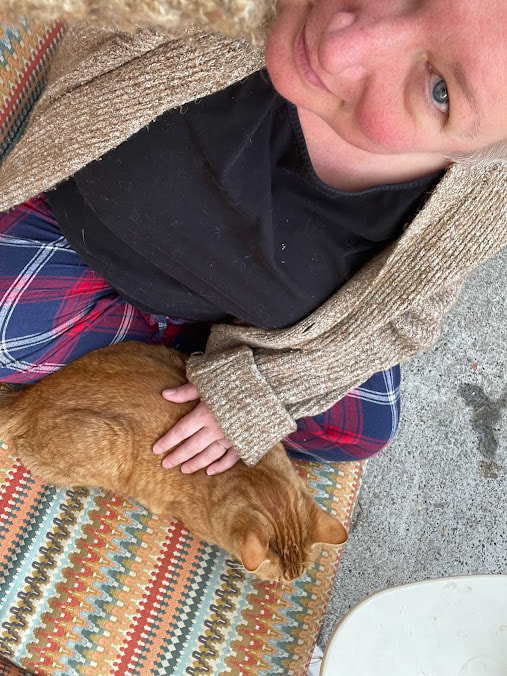 God is the madwoman in the attic.
I'm camped out on the threshold with my journal, camera, & plenty of snacks. God is the madwoman in the attic.
I'm camped out on the threshold with my journal, camera, & plenty of snacks.
Categories
All
Out of the Attic
This blog started in 2006
on Blogger as Out of the Attic. I began posting here in April 2014. Please visit the original site for the rest of the story on topics like: |
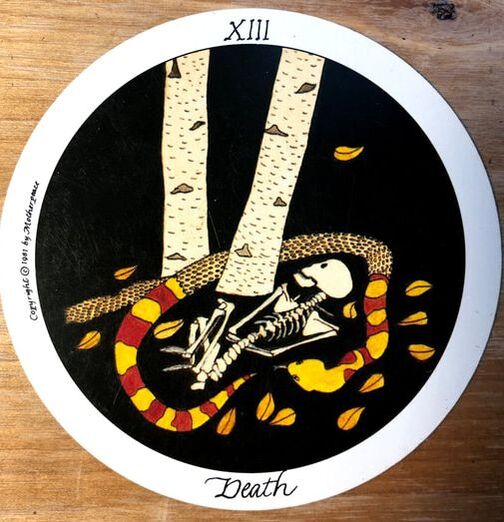
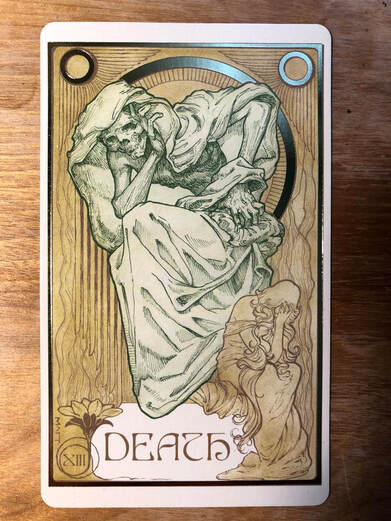
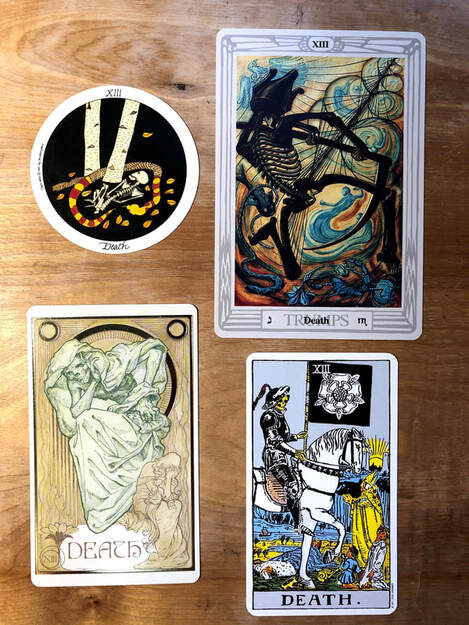
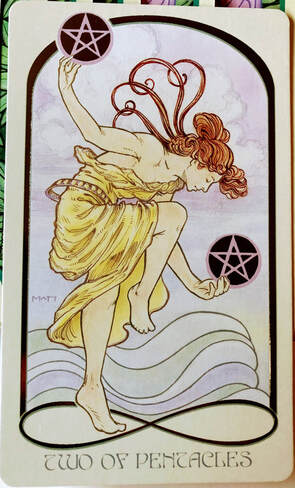
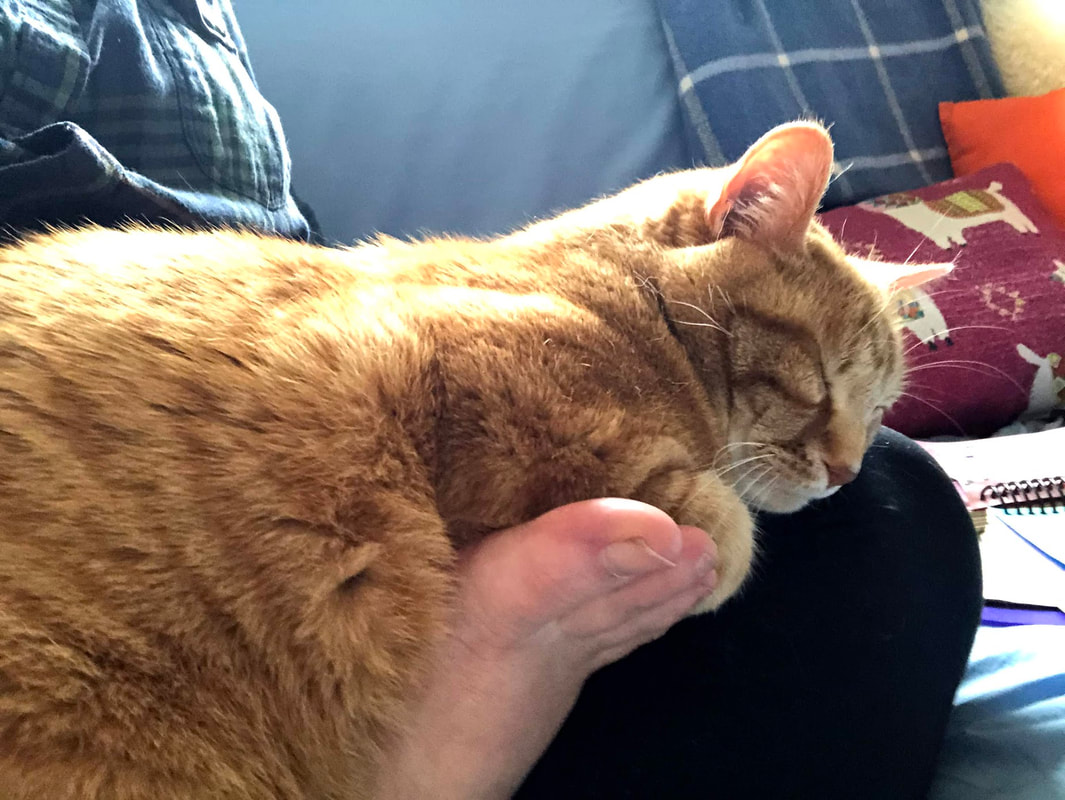
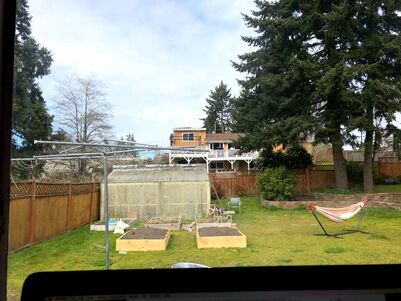
 RSS Feed
RSS Feed
